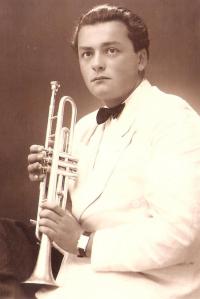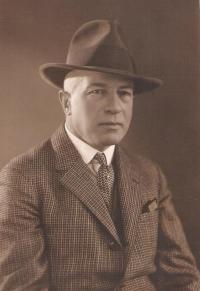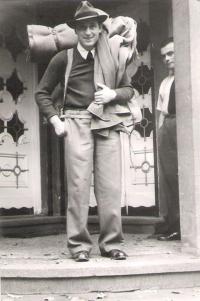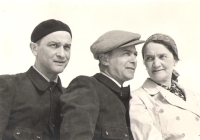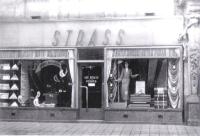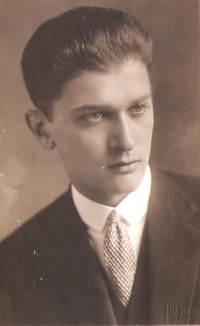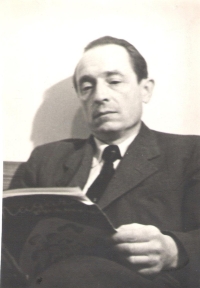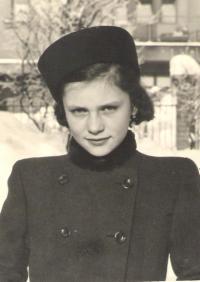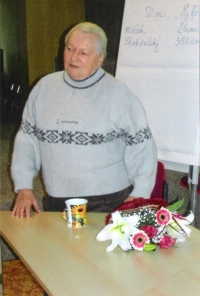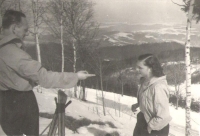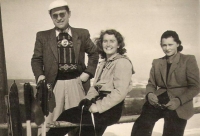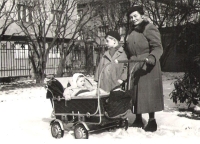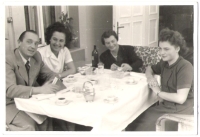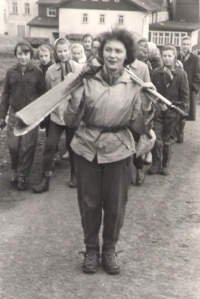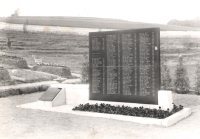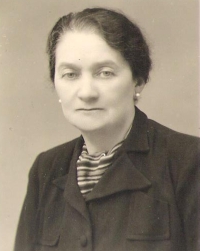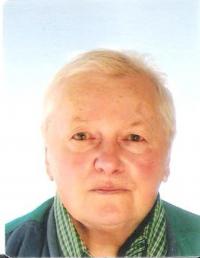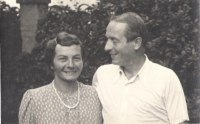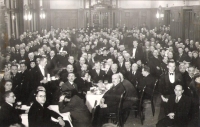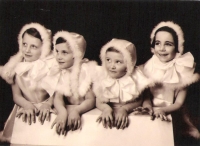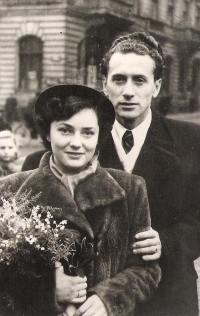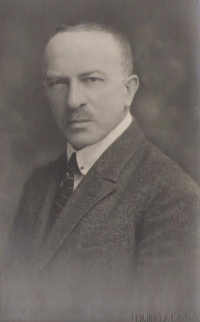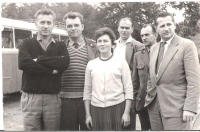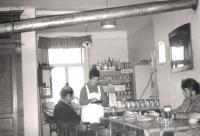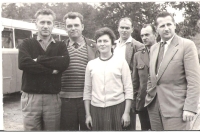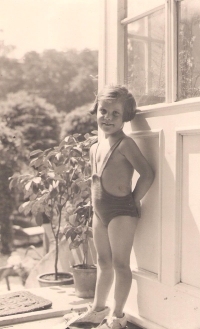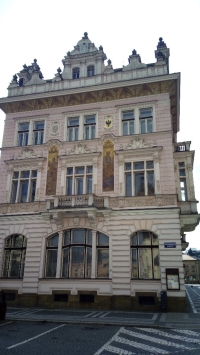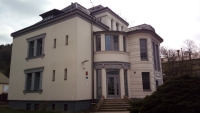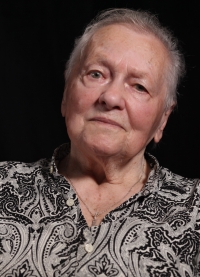Cowardice should be the eighth main sin
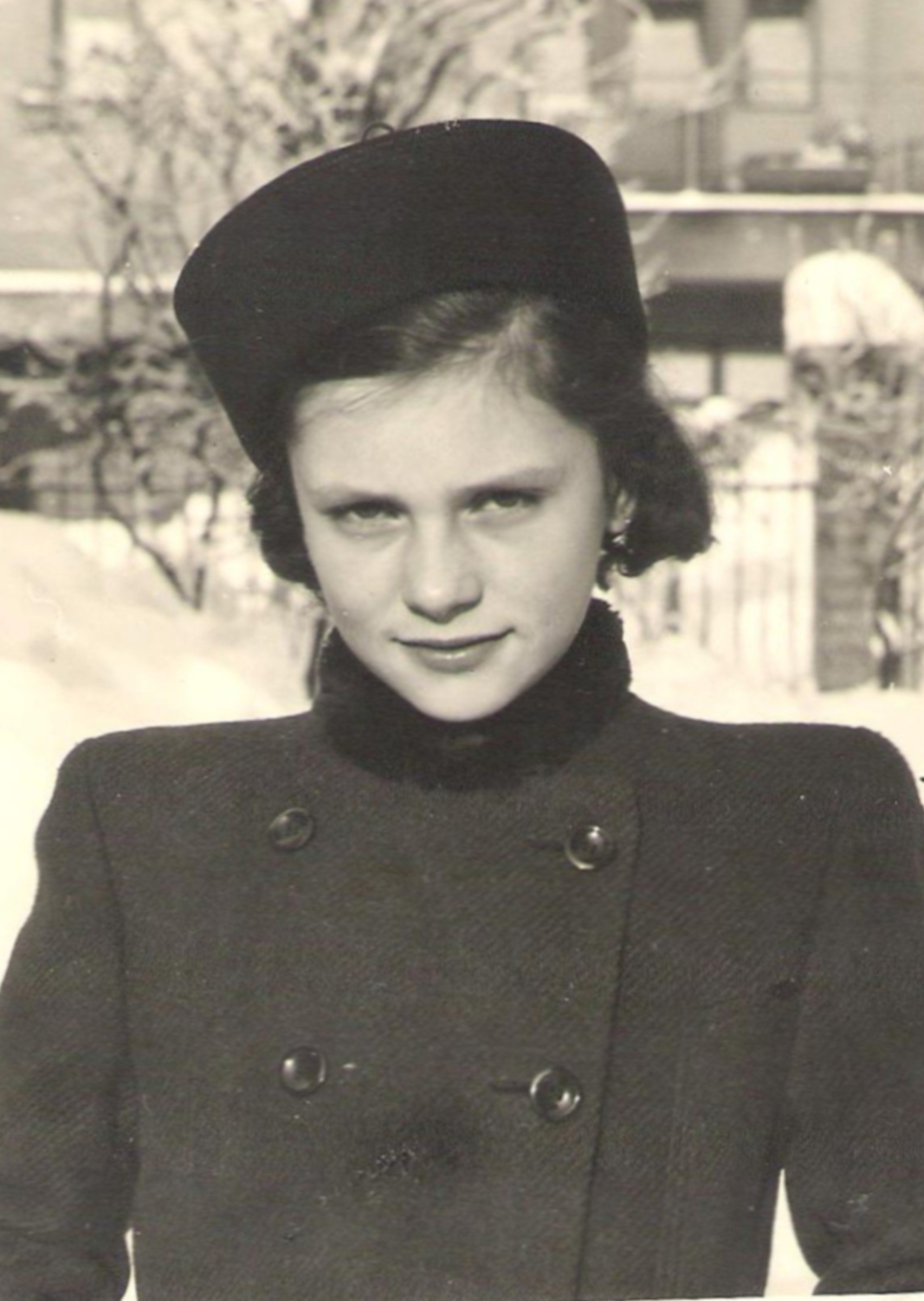
Download image
Věra Tomanová, née Bayerlová, was born on 5th July 1931 in Náchod into a well-known local family. Her mother Valerie was a daughter of Leo Strass, enlightened businessman with textile who was of Jewish origin. Her father Václav, a Christian, was a local pharmacist and an erudite chemist who, as a university student, was Prof. Heyrovský´s assistent. Věra spent the happy childhood in a wide closely-knit family, she did lots of sports, had many friends. After the Munich Treaty everything changed. The family became second-class citizens, they were protected from deportations by their non-Jewish father. The grandparents died in Osvětim, mother´s brother in Mauthausen. After February 1948, the family was deprived of all its property and had to leave their family house. In the 1980s Věra and her son signed the Charta 77, but both having working class jobs, there were no negative consequences.

